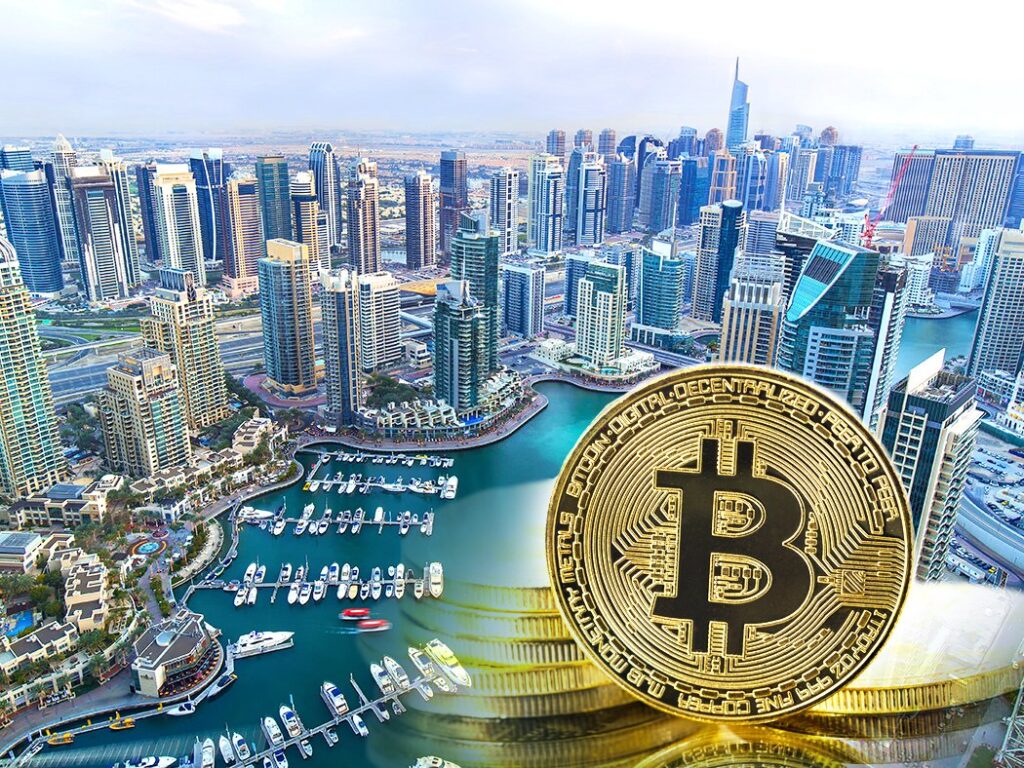Thewriteyouth Synopsis:
- UAE VAT exemption for digital asset transfers and conversions is breaking the internet.
- Amendments are retroactive to January 1, 2018.
- Businesses dealing with virtual assets should review their retrospective VAT positions.
- Input tax recovery is available for eligible purchases.
- UAE strengthens crypto regulations through mutual supervision and marketing guidelines.
Dubai, UAE – The United Arab Emirates (UAE) has taken a significant step towards fostering a more conducive environment for digital assets by introducing VAT exemptions for transfers and conversions of cryptocurrencies and other virtual assets.
According to the Federal Tax Authority (FTA), the amendments to the country’s VAT regulations, which took effect on October 2, 2024, aim to align the UAE’s tax framework with the growing digital economy. The new rules also extend VAT exemptions to additional services, including investment fund management.

Retroactive Application and Input Tax Recovery
One of the noteworthy aspects of these amendments is their retroactive application to January 1, 2018. This means that businesses dealing with virtual assets can potentially claim VAT refunds for eligible transactions dating back to that period.
However, PwC, a leading business consultancy firm, advises businesses to carefully analyze their retrospective VAT positions and consider the potential implications of correcting historical returns. Voluntary disclosures may be necessary to claim refunds for past transactions.
Defining Virtual Assets
In the UAE, virtual assets are defined as “a representation of value that can be digitally traded or converted and can be used for investment purposes.” This definition excludes fiat currencies and financial securities.
Input Tax Recovery for Virtual Asset Companies
Registered businesses in the UAE can claim input VAT recovery, which allows them to reclaim the VAT paid on eligible business purchases. For virtual asset companies, understanding the rules for input tax recovery is crucial to maximize their tax efficiency.
Strengthening Crypto Regulations
Beyond VAT exemptions, the UAE has been actively working to enhance its regulatory framework for virtual assets. The Dubai Virtual Asset Regulatory Authority (VARA) and the Securities and Commodities Authority (SCA) have recently agreed on a mutual supervision mechanism for virtual asset service providers (VASPs). This collaboration aims to create a more unified and efficient regulatory environment for the industry.
Furthermore, VARA has tightened its rules on crypto marketing, requiring firms promoting digital asset investments to include a prominent disclaimer highlighting the risks associated with such investments.
Also Read: Dubai’s First Law on Cryptocurrency Regulation- VARA as it enters WEB 3.0






